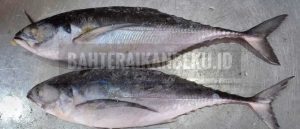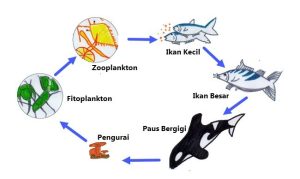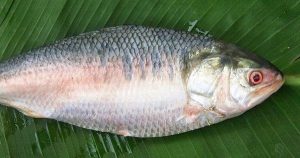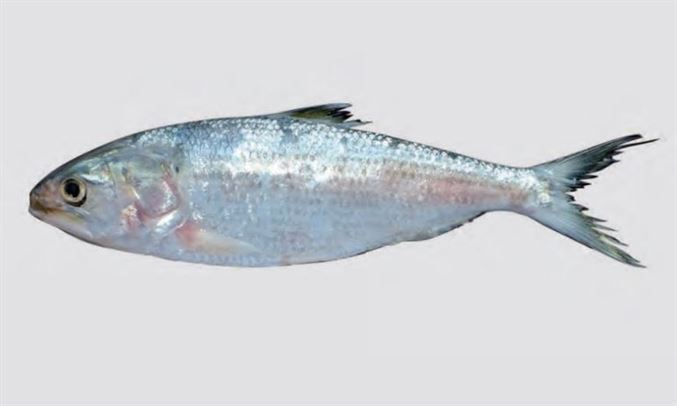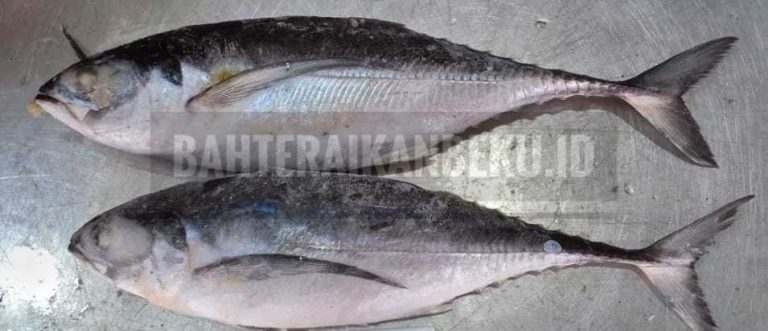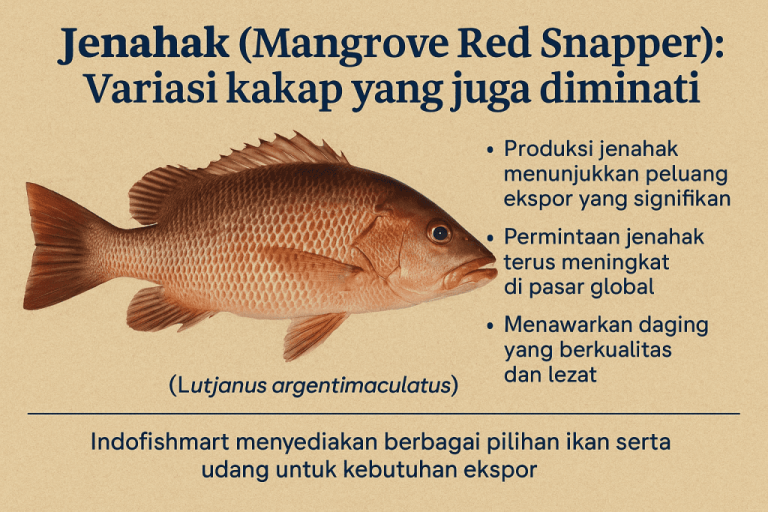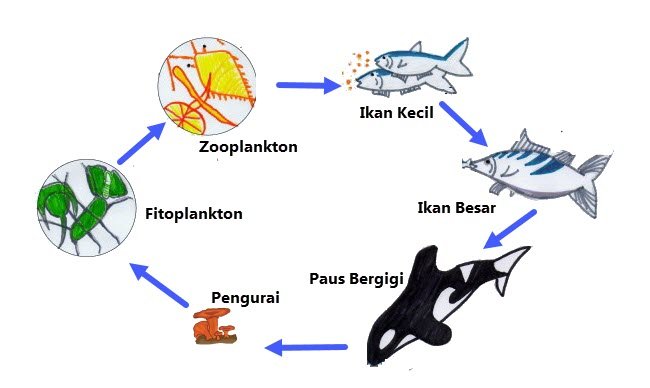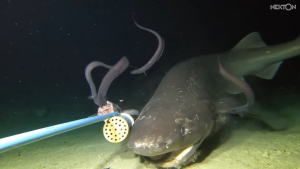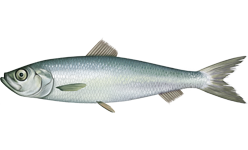Hilsa fish, scientifically known as Tenualosa ilisha, is one of the most revered and economically significant marine species found in South and Southeast Asia. Known for its distinctive flavor and cultural importance, Hilsa plays a vital role in the ecosystems of both freshwater and marine environments. Its unique biological and ecological characteristics make it a fascinating subject of study, as well as a crucial resource for millions of people dependent on fishing for their livelihoods. This article provides an in-depth overview of Hilsa fish, exploring its physical traits, habitat, life cycle, ecological role, economic value, conservation challenges, and cultural significance.
Introduction to Hilsa Fish: An Overview of the Marine Species
Hilsa fish is a member of the Clupeidae family, which includes herrings, sardines, and shads. It is primarily found in the Bay of Bengal and the surrounding river systems, making it a species that bridges marine and freshwater environments. Recognized as the national fish of Bangladesh and an important species in India and Myanmar, Hilsa is celebrated for its rich taste and nutritional value. Its adaptability to various aquatic conditions has allowed it to thrive in both estuaries and inland river systems, contributing significantly to local fisheries and food security.
The species has a long history of cultural significance, often featured in traditional festivals, culinary dishes, and local folklore. Over the years, Hilsa has become a symbol of regional identity and a vital component of the local economy. Despite its popularity, Hilsa populations face various threats from overfishing, habitat degradation, and pollution, prompting increased efforts toward sustainable management. Understanding the biological and ecological aspects of Hilsa is essential for ensuring its continued availability for future generations.
Hilsa’s biological classification and distribution highlight its importance as a migratory fish that traverses different aquatic zones. Its ability to migrate between freshwater and marine environments makes it a unique subject of study among fish species. As a keystone species in its ecosystem, Hilsa influences the health and balance of the aquatic habitats it inhabits. This overview underscores the importance of conserving and managing Hilsa populations effectively to maintain ecological integrity and support local communities.
The species’ resilience and adaptability have allowed it to become a cornerstone of fisheries in South Asia. However, the increasing pressures from human activities necessitate a comprehensive understanding of its biology and ecology. This overview aims to shed light on the significance of Hilsa fish, emphasizing the need for sustainable practices that balance economic benefits with ecological preservation.
In summary, Hilsa fish is a remarkable species with deep cultural roots and ecological importance. Its role as a migratory, adaptable fish underscores its significance in both natural ecosystems and human societies. Recognizing its value and the challenges it faces is crucial for developing strategies to ensure its sustainability and continued contribution to regional biodiversity and livelihoods.
Physical Characteristics and Unique Features of Hilsa Fish
Hilsa fish are characterized by their elongated, streamlined bodies, which facilitate efficient swimming and migration through varying water conditions. They typically grow to a length of about 40 to 60 centimeters, although some specimens may reach up to 80 centimeters. Their body is covered with a silvery sheen, and they possess a distinctive forked tail that aids in swift movement through water. The scales are small and smooth, contributing to their sleek appearance, which helps reduce water resistance during migration.
One of the most striking features of Hilsa is its head, which is relatively small compared to its body, with a slightly pointed snout. The fish has a prominent lateral line that runs along the length of its body, serving as an important sensory organ to detect vibrations and movements in the water. Its eyes are large and well-developed, providing excellent vision to navigate and locate food in murky or turbid waters. The mouth is slightly upturned, allowing it to feed efficiently on plankton and small aquatic organisms.
Hilsa exhibits sexual dimorphism, with females generally being larger and more robust than males. During spawning seasons, females develop a swollen abdomen filled with eggs, which are a vital aspect of their reproductive cycle. The coloration of Hilsa varies slightly depending on their habitat and maturity, but they predominantly maintain a shiny silver appearance that reflects light, aiding in camouflage against predators. Their fins are well-developed, with the dorsal and anal fins providing stability during swift swimming.
Unique features of Hilsa include its ability to tolerate a wide range of salinity levels, from freshwater rivers to brackish estuaries and the open sea. This physiological adaptability allows it to undertake long migrations between different habitats. Additionally, Hilsa has a specialized gut that enables it to digest a diet primarily composed of planktonic organisms, which are abundant in its migratory routes. These adaptations are crucial for its survival and reproductive success in dynamic aquatic environments.
Overall, the physical characteristics of Hilsa fish—its streamlined shape, sensory organs, and salinity tolerance—are key to its ecological role as a migratory and feeding fish. These features not only facilitate its survival in diverse habitats but also contribute to its popularity among fishers and consumers. Understanding these unique traits helps in devising better conservation and management strategies to sustain Hilsa populations.
Habitat and Distribution of Hilsa in Oceans and Rivers
Hilsa fish inhabit a complex range of environments, primarily distributed across the Bay of Bengal and connected river systems in South and Southeast Asia. They are known for their extensive migratory behavior, moving between marine and freshwater habitats throughout their life cycle. In the ocean, Hilsa are found in the coastal waters, estuaries, and the continental shelf, where they feed and grow before migrating upstream for spawning. Their distribution is heavily influenced by the availability of suitable breeding grounds and food sources.
The species is predominantly found in the shallow, brackish waters of estuaries and river mouths, where salinity levels fluctuate seasonally. These transitional zones serve as critical habitats for breeding and juvenile development. As they mature, Hilsa migrate further upstream into freshwater rivers, including the Ganges, Brahmaputra, Meghna, and their tributaries. These river systems provide the necessary conditions for spawning and nursery grounds, supporting the growth of young fish.
The geographical distribution of Hilsa is largely confined to the South Asian region, with the highest concentrations in Bangladesh, India (particularly West Bengal and Odisha), Myanmar, and parts of Thailand. The fish’s presence in these regions is closely linked to the riverine and estuarine ecosystems that connect to the Bay of Bengal, creating a dynamic habitat network. Their migratory pattern is synchronized with seasonal changes, such as monsoons, which influence water flow, salinity, and breeding cycles.
Habitat degradation, pollution, and dam construction in river systems have posed significant threats to Hilsa’s migratory routes and breeding grounds. Dams and barriers restrict their movement upstream, disrupting spawning activities and reducing juvenile recruitment. Additionally, changes in water quality and habitat destruction due to human activities have led to declines in population sizes. Conservation efforts increasingly focus on protecting and restoring these vital habitats to ensure the fish’s survival.
Understanding the habitat preferences and distribution patterns of Hilsa is essential for effective management. Protecting estuarine and riverine ecosystems, regulating fishing during spawning seasons, and implementing habitat restoration projects are crucial steps toward sustainable fisheries. The species’ dependence on both marine and freshwater environments underscores the need for integrated conservation approaches that consider the entire migratory corridor.
In summary, Hilsa’s habitat spans a diverse range of aquatic environments, from coastal waters to inland rivers. Its distribution is shaped by ecological and seasonal factors, making it a highly migratory species. Preserving these habitats is vital for maintaining healthy populations and supporting the livelihoods of millions who rely on Hilsa fisheries.
The Life Cycle and Reproductive Behavior of Hilsa
The life cycle of Hilsa fish is marked by remarkable migratory and reproductive behaviors that span both marine and freshwater environments. They typically hatch in the estuarine zones and migrate upstream into freshwater rivers to grow and reproduce. The fish’s reproductive cycle is closely aligned with seasonal cues, primarily monsoon rains, which trigger spawning activities and influence water salinity and flow patterns.
Hilsa generally reach sexual maturity at around 2 to 3 years of age. During the spawning season, which usually coincides with the monsoon months, females develop swollen bellies filled with eggs, and males exhibit increased activity. Spawning occurs in the upstream freshwater sections of rivers, where the water is warmer and the flow is strong enough to disperse eggs and larvae. The fish undertake long migrations upstream, sometimes covering hundreds of kilometers, to reach optimal spawning grounds.
The reproductive behavior involves the release of eggs and sperm into the water column, where fertilization occurs externally. The eggs are buoyant and float in the water, drifting with currents downstream towards estuarine and coastal areas. After hatching, the larvae are carried by the current to estuaries and coastal waters, where they develop further. Juvenile Hilsa remain in these nursery habitats for several months, feeding on plankton and small invertebrates, before migrating back into the river systems for growth.
The entire life cycle of Hilsa is intricately linked to environmental conditions such as temperature, salinity, and water flow. Disruptions to these conditions—such as dam constructions, pollution, or climate change—can significantly impact their reproductive success. The timing of migration and spawning is crucial; any alteration can lead to reduced recruitment and declining populations.
Conservation of Hilsa’s reproductive behavior necessitates protecting spawning habitats and ensuring free movement along migratory routes. Fishery management practices often include seasonal bans during spawning periods to allow fish to reproduce successfully. Understanding the complex life cycle of Hilsa is fundamental for designing effective strategies to sustain its populations and support the livelihoods of communities dependent on this species.
In sum, the life cycle and reproductive behavior of Hilsa are characterized by migratory spawning in freshwater habitats, external fertilization, and larval dispersal through water currents. Protecting these biological processes is key to maintaining healthy populations and ensuring the continued ecological and economic benefits of Hilsa fish.
Diet and Feeding Habits of Hilsa Fish in the Wild
Hilsa fish are primarily

